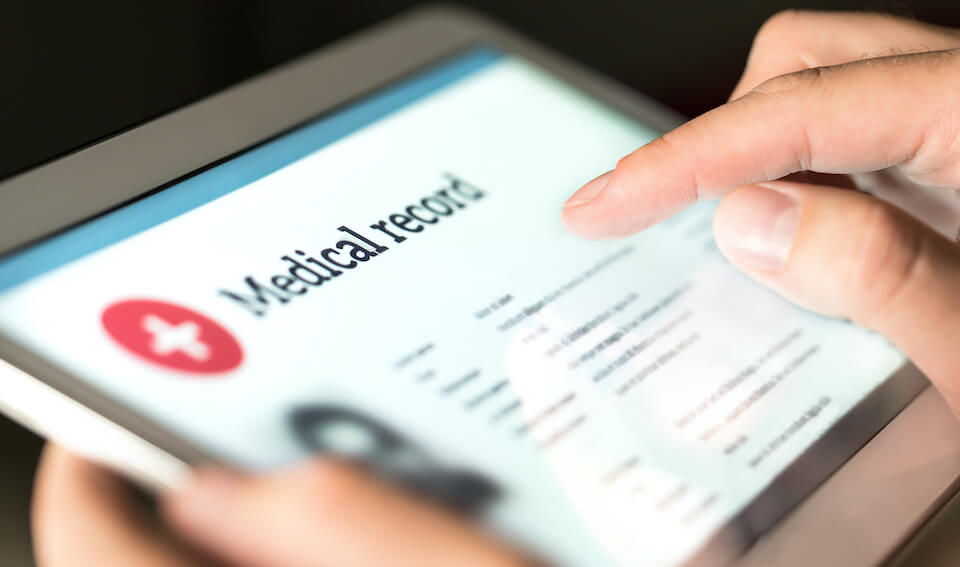September 29, 2020

COVID-19 Fans Flames of Consumerism in Patients
I watched an interview online yesterday with the director of emergency services at a health system in North Carolina. The interviewer asked her about how her health system coped with the flood of COVID-19 patients in the system’s emergency departments and lessons learned by the system and by patients.
She made a minor point during the conversation that to me that signals a major shift in the balance of power between providers and patients.
Prior to COVID-19, the system’s hospitals dragged their feet in putting patients’ lab test results in their secure portals to see. Doctors preferred to tell their patients their results in person or over the phone. And most patients were fine with that. They preferred to hear their test results from their doctors. The portal essentially was an electronic book of record.
After COVID-19, patients want their test results now, in their portal, and they’re not going to wait for any doctor to tell them. That obviously applies to results of COVID-19 tests, but that expectation has bled over to other diagnostic tests as well. And most doctors are fine with that. They prefer to talk to their patients about their test results after they get them.
Nothing like a deadly viral pandemic to trip patients into becoming true consumers of medical care and owners of their own personal health information.
That story perfectly illustrates the findings of a new survey of consumers on how they want to use their medical records and how they want providers to use their medical records.
The Pew Charitable Trusts conducted the survey of a representative sample of 1,213 adults age 18 or older from June 1 through July 3. Pew asked them all kinds of questions about who should access and who should share their medical information and the types of medical information that they think is OK to access and share.
Here are some of the highlights:
- 81 percent said they “strongly” or “somewhat” support hospitals, doctors and other providers sharing their medical records electronically with other hospitals, doctors and providers via interoperable EHR systems
- 78 percent said they want to be able to access their medical records electronically through a secure website, portal, phone app or other methods
- 74 percent said they support the federal government creating a national standard to more accurately match a patient’s electronic medical record across multiple providers with most favoring a national patient identifier or fingerprint scan
- 61 percent said they want to be able to download their medical records from an EHR system on to their smart phones, tablets or computers
What type of medical information do they want to access electronically? The No. 1 answer was lab test results, cited by 89 percent of the respondents who wanted access. What type of medical information do they want providers to share electronically? Seventy-four percent said lab test results, which ranked fourth on a list of 16 types of sharable information.
Pew released the results of the survey on Sept. 16, and you can download them here.
As a reporter, I like surveys, polls, reports and research that rebut conventional wisdom. I like anecdotes or stories that contradict what surveys, polls, reports and research claim to be true. I like conflict, and as I used to tell my reporting staff, every good story has conflict. If not, it’s little more than a press release.
In this case, what the director of emergency services is seeing happen in her EDs because of COVID-19 completely jibes with the results of the Pew survey. Coincidence? I think not.
The Pew survey should be a real eye-opener for providers and EHR vendors who have fought this issue for years. If you don’t believe the results, go ask your frontline healthcare workers. They’ll tell you their patients are changing. They’re becoming consumers.
The time to get on this healthcare consumerism thing is now. You don’t want to be on the wrong end of this revolution.
To learn more about this topic, please read “Healthcare’s Age of Liquid Data: Extreme Interoperability Sparks Personalized, Real-Time, High-Value Services” on 4sightHealth.com.
Thanks for reading.
Stay home. Stay safe. Stay alive.
Want to know what healthcare executives are talking about this week? Subscribe to the 4sight Friday RoundUp on iTunes, Spotify, or where ever you listen to podcasts.





